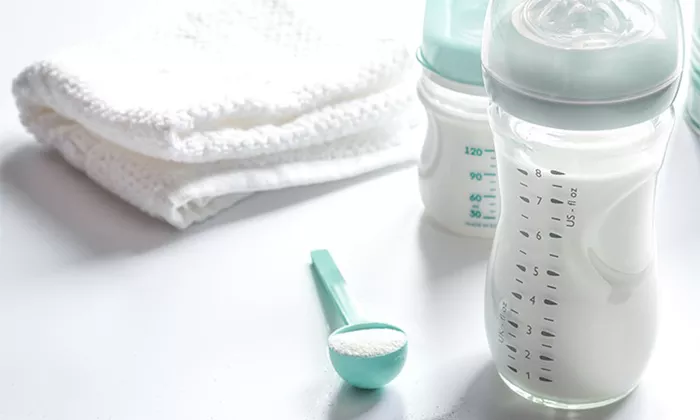More than 18 months after the UK’s competition watchdog began investigating the infant formula market, prices remain close to record highs, with the government yet to respond to proposed reforms.
The average price of baby formula fell just 50p last year to £11.99 a tin—still well above 2021 levels (£11.10)—with some brands priced as high as £18. Campaigners say the products are unaffordable for families on the government’s Healthy Start allowance.
Dr. Vicky Sibson, director of First Steps Nutrition Trust, criticized major brands for maintaining high prices and profit margins of 50–75%, calling it “shameful.” Only Lidl and Aldi offer lower-cost own-label alternatives at £6.99.
In February, the Competition and Markets Authority (CMA) proposed reforms that could save parents up to £300 a year by encouraging brand switching. Recommendations included allowing loyalty points and gift vouchers to be used for formula and introducing standardised packaging in hospitals to limit marketing influence.
The government, now a week overdue in responding, says it’s reviewing the proposals. A Department of Health and Social Care spokesperson stressed the importance of affordable, high-quality formula for families who don’t breastfeed, and said a formal response will follow.
Currently, Danone and Nestlé dominate the market, controlling 85% of sales. Despite strict regulations ensuring nutritional standards across brands, many parents are unaware and hesitant to switch products.
The CMA launched its inquiry after discovering that formula prices rose by 25% over two years, with manufacturers boosting profits despite the cost of living crisis.
Related topics:


